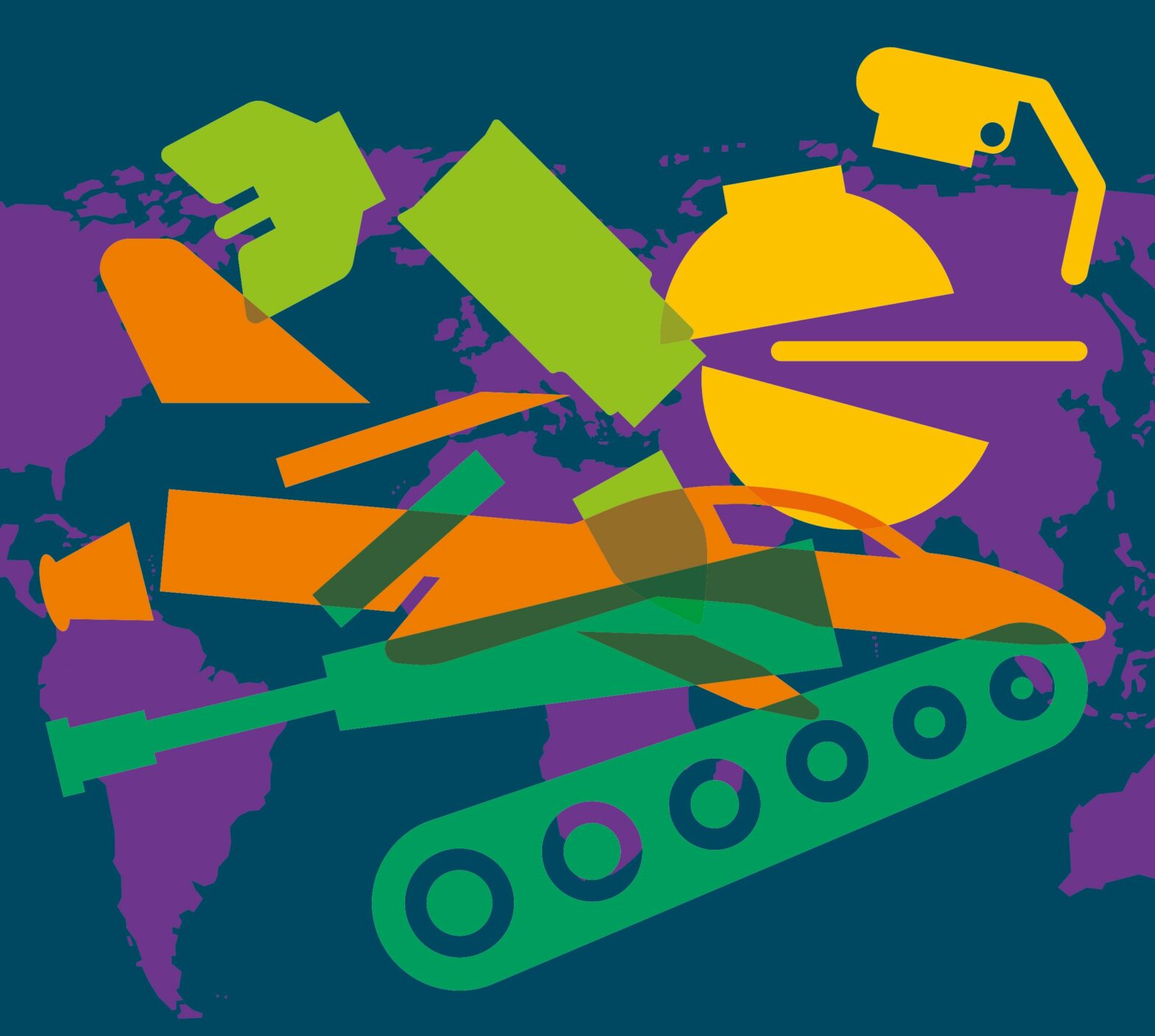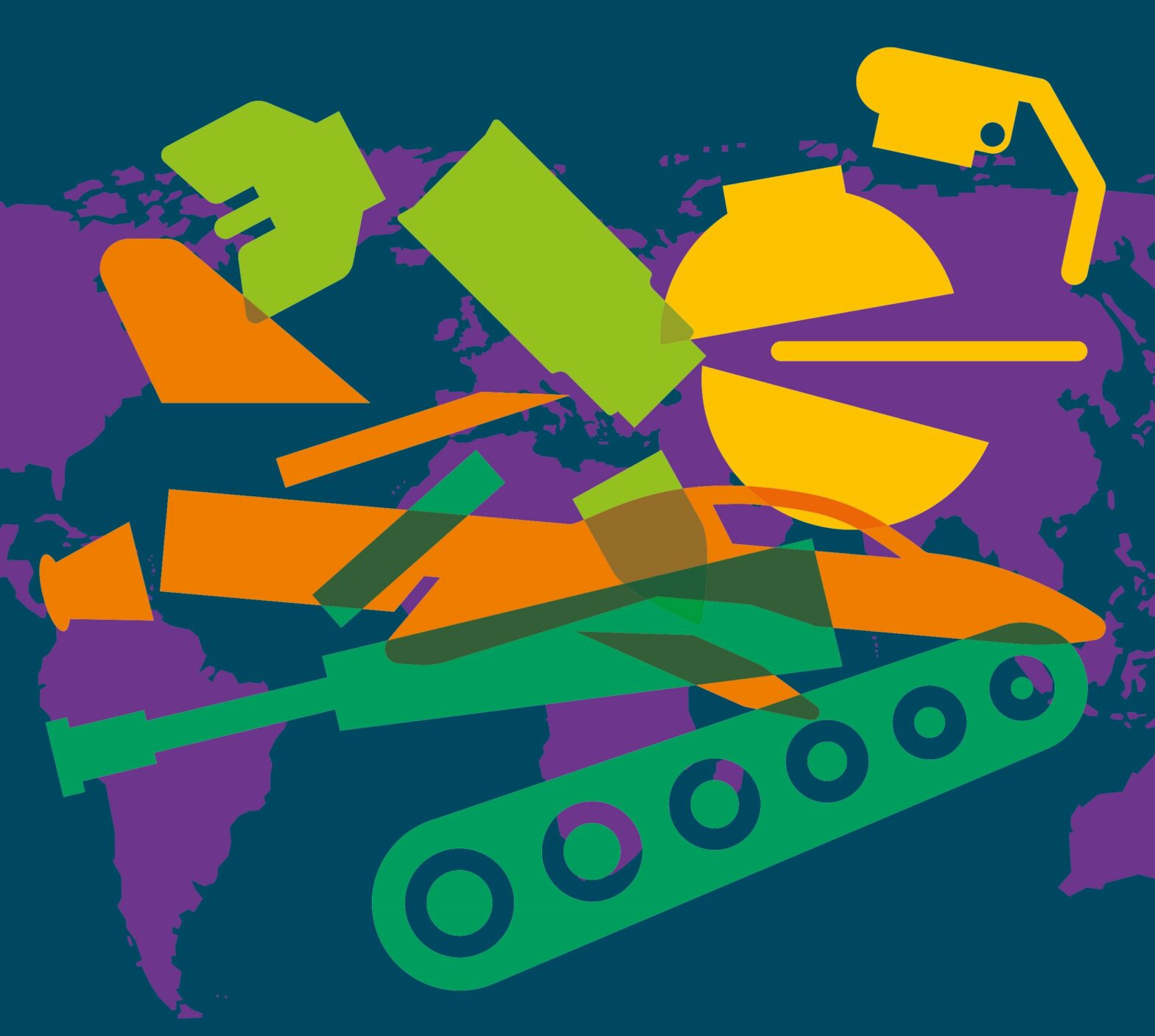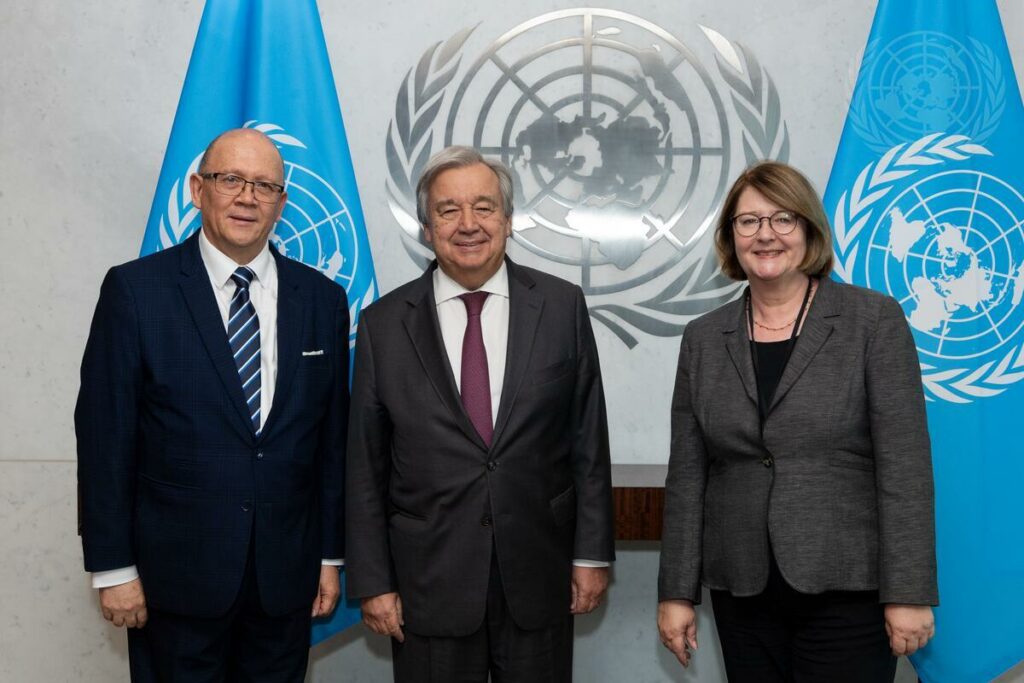Share Twitter Facebook Email Copy URL
Around the world, corporate entities, namely transnational corporations and multinational corporations (TNCs and MNCs), are influencing decision-making. Whether this is happening within national jurisdictions where corporate entities may be based or have operations, or at the highest levels of multinational governance like the United Nations or multistakeholder spaces like the World Economic Forum, corporations are exerting their influence through not only their sheer economic capital, but also their social and political capital. However, what is good for business may not always be in the best interests of people and planet.
Central to concerns regarding this “corporate capture” of our institutions is the implication for human rights and the wellbeing of people and the planet. Unfettered economic growth and profit-driven decision-making has brought the world down a path where corporate entities are largely unaccountable to international norms and standards, and people’s human rights are at risk.
Among the spaces where corporations exercise influence is the annual World Economic Forum held in Davos, Switzerland. The World Economic Forum, a think tank created in 1971 by German economist and engineer Klaus Schwab, dubbed “The International Organization for Public-Private Cooperation” places “stakeholder theory” at the forefront of its activities with a view to influence discourses and political decision-making processes. It has shaped the understanding of globalization and global problem solving.[1]
The annual meeting in Davos brings together leaders of business and government alike, and the 2023 meeting will take place 16-20 January.
Origins and sources of corporate capture
Since the 1990s there has been an increasing acceptance that global challenges cannot be managed by nation-states alone. At the same time, Reagan-era economics and an emphasis on regulation and privatization have also legitimized the place of corporate and private sector entities on the global stage.In recent years, international agencies have opened their doors to new donors, accepting funding and financing from the world’s 1% through philanthropic ventures and corporate donations. Corporations and the elite can leverage their financial support, and their sheer significance to the global economy (as employers, owners of natural resources, producers of goods and services).
At the time of the UN’s founding in 1945, maintenance of international peace and security was the primary concern of the organization.[2] Despite the everchanging landscape and increasing complexity of the global situation including developments in geopolitical peace and security, the adoption of the Sustainable Development Goals (SDGs) and the worsening environmental crisis, the budget has not grown substantially.[3] In real terms, the budget has remained relatively stagnant. [4]
The phrase “multistakeholderism” has been used to refer to broadening intergovernmental processes so that a diverse set of stakeholders are included: business associations, private philanthropic foundations, civil society, and academia to name a few. It represents a trend that risks shifting the UN’s policies and approaches towards the private sector’s interests, namely profit-driven motives and market-based solutions, and away from what people and the planet really need. The economic value of the corporate sector has ultimately left them with an outsized role in these multistakeholder spaces relative to other stakeholders.
With this normative understanding of the corporate sector as “partners” and “stakeholders”, they have largely escaped international regulation and/or accountability. A clear example of this are the UN Guiding Principles on Business and Human Rights and the UN Global Compact’s Ten Principles.[5] These voluntary mechanisms have failed to hold corporate entities accountable for their actions on an international level and because of their voluntary nature they are not enforceable.
Human Rights law places the duty and obligation to respect, protect and fulfil human rights and fundamental freedoms on Member States within their territories.[6] While this should include both state and non-state (corporate) entities, the corporations themselves are not accountable to the Human Rights Council, and instead fulfillment and respect of rights remains a responsibility of states. With the complex nature of multinational and transnational corporate activities, regulation of these entities proves quite challenging and the economic pressure corporations can wield over and against states must not be understated.
The Annual World Economic Forum
In June 2019, the United Nations and the World Economic Forum signed a memorandum of understanding (MoU) framing a new form of strategic partnership. The MOU agrees the UN Secretary-General will be invited to deliver a keynote address at the WEF annual Davos gatherings. The MOU indicates senior staff and the heads of the UN programmes, funds, and agencies will also be invited to participate in meetings hosted by the WEF. It also notes that the UN will make efforts to connect UN Country Resident Coordinators with Forum Hubs of the Global Shapers Community at the national level. This agreement is unique as it creates an exclusive relationship for multinational corporations with the UN.[7] The MOU has raised severe concern within the international community. In a letter to the Secretary General, hundreds of civil society organizations called to end the agreement with the WEF. [8]
The 2023 Annual Meeting of the World Economic Forum will be held under the theme “Cooperation in a Fragmented World” with a view to “reaffirm the value and imperative of dialogue and public-private cooperation”.[9] Main items on the agenda include the interrelated climate, food, and energy crises, inflation, frontier technologies, employment, and geopolitical threats.
The 2022 Annual Meeting drew a list of attendees spanning government and the private sector. Attendees included the ultra-wealthy Bill Gates, Gautam Adani, chairman of Adani Group, and Mukesh Ambani of Reliance Industries, all of whom are among the top 10 billionaires today.[10] Other attendees included CEOs of Microsoft, Nasdaq, Salesforce, and Citi along with George Soros.[11]
The 2023 Forum is likely to attract a similar crowd, and while an official program and attendee list have not yet been published, there are a handful of articles featured on the World Economic Forum website which indicate what can be expected from this year’s meeting. The UN Secretary-General Antonio Guterres will attend the meeting, and will participate in an invitation-only session hosted by the UN Global Compact titled, “Halfway to 2030: Raising the Bar for SDG Leadership” aimed at galvanizing support for SDG Action from business leaders.[12]
According to a press release by the World Economic Forum, the 2023 meeting will aim to explore “levers to address the current challenges while at the same time setting them against the backdrop of attendant system transformation imperatives”. [13] Among the key themes identified for this year’s meeting are:
- “Addressing the Current Energy and Food Crises in the context of a New System for Energy, Climate and Nature
- Addressing the Current High Inflation, Low Growth, High Debt Economy in the context of a New System for Investment, Trade and Infrastructure
- Addressing the Current Industry Headwinds in the context of a New System for Harnessing Frontier Technologies for Private Sector Innovation and Resilience
- Addressing the Current Social Vulnerabilities in the context of a New System for Work, Skills and Care
- Addressing the Current Geopolitical Risks in the context of a New System for Dialogue and Cooperation in a Multipolar World”
While many sessions will be invitation-only and held only in person or for registered attendees, some sessions will be livestreamed on the World Economic Forum website and additional information on where to follow the meeting can be found here.
The Danger of the World Economic Forum & Multistakeholderism
As leaders of business and government along with representatives of international organizations meet outside of the halls of formal multilateral governance spaces, the extent to which these discussions are representative of the needs of people worldwide must be questioned. Without universal Member State and robust civil society participation, whose voices will be heard? If unfettered economic growth and profit-driven decision-making has created the conditions for today’s crises to arise—how will market-logic and business leaders deliver the “transformation” the World Economic Forum promises?
While perhaps governments may not be able to address the challenges of today’s world alone, spaces like the World Economic Forum only further entrench systems of power wherein corporations and the world’s wealthy and elite are seen as “partners” and “stakeholders” rather than forces in need of greater regulation and taxation in order to generate the fiscal space for countries to enact systems-change.
By Elena Marmo
[1] World Economic Forum, “About the WEF”
[3] Adams, B., & Martens, J. (2015). Fit for whose purpose? Private Funding and Corporate Influence in the United Nations. Global Policy Forum.
[4] Marmo, Elena, “We Get the UN We Fund…” Global Policy Forum for RLS-NYC
[5] UN Guiding Principles on Business & Human Rights; UN Global Compact’s 10 Principles
[6] OHCR, “OHCHR and business and human rights”
[7] World Economic Forum and UN Sign Strategic Partnership Framework; PDF of Full Agreement
[8] TNI, “Hundreds of Civil Society Organizations Worldwide Denounce World Economic Forum´s Takeover of the UN”
[9] 2023 World Economic Forum Overview
[10] Forbes, “Real-Time Billionaires”
[11] World Economic Forum, “2022 List of Confirmed Attendees”



